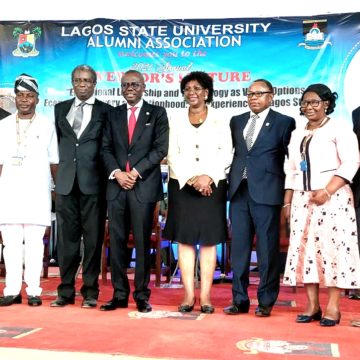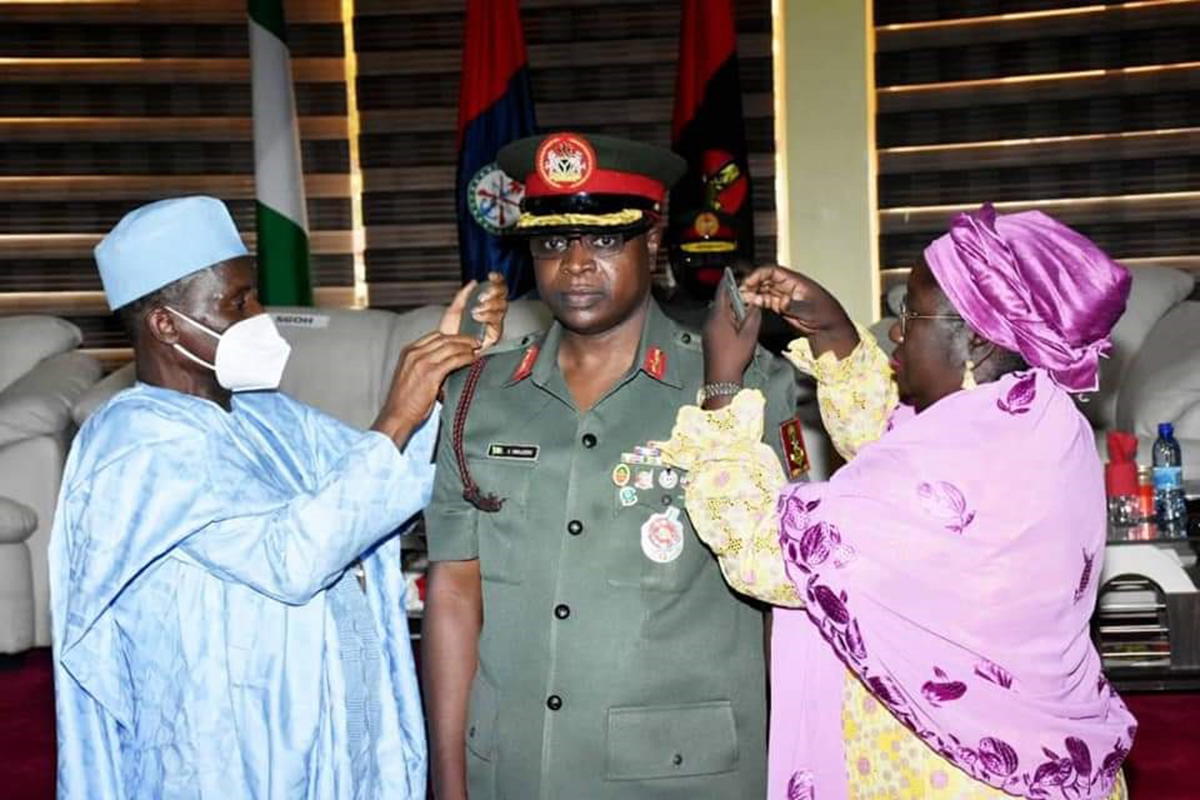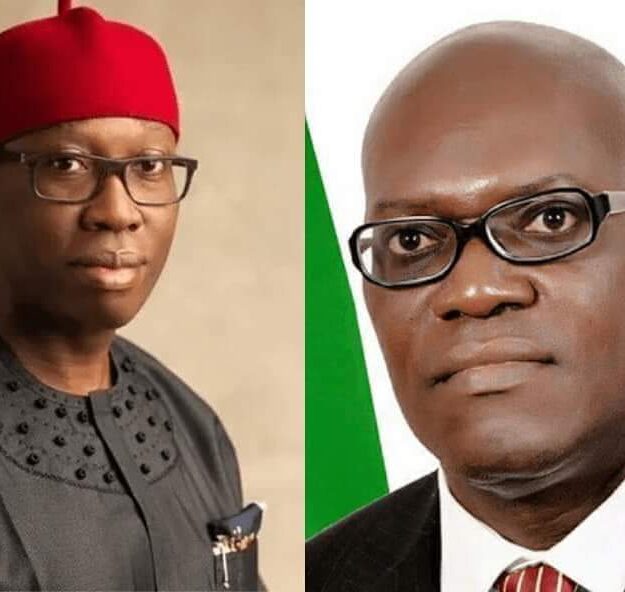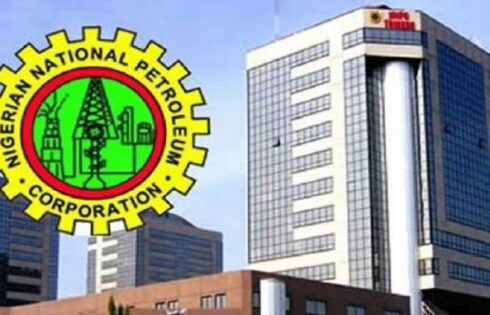Buhari Signs N17.127trn Budget
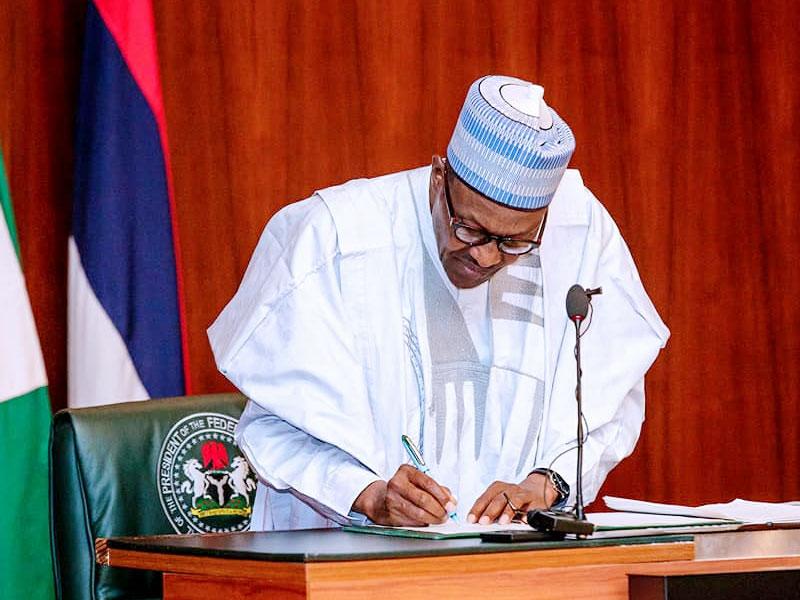


The burden of petroleum subsidies on government finances may persist in 2022 despite the Petroleum Industry Bill,PIB,the Centre for the Promotion of Private Enterprise(CPPE),has said
The centre in its latest 2022 economic outlook,expressed doubt over the ability of the Federal Government to exercise the political will to effect the removal of petroleum subsidy given the closeness of the timing to the 2023 elections.
The Federal Government had hinted that it would yank off petroleum subsidy in the early part of next year.
But,the Chief Executive Officer of the centre,Dr.Muda Yussuf,said on account of political exigencies and push back by the ruling party and labour, the economy may have to bear the heavy fiscal burden of subsidy in 2022.
He added:”This also signals delays in the full implementation of the PIA and reform of the downstream oil sector. However, if the Dangote refinery comes on stream in 2022, the fiscal pressure may abate, but not completely eliminated”
He said pressure of debt service on government finances will persist in 2022 and beyond. Total public debt as at 30thSeptember 2021 was N38 trillion or $92.6 billion, according to the Debt Management office. The 2022 Budget provided for the sum of 3.88 trillion Naira as debt service.
This is a substantial amount when compared with the capital budget provision of N5.46 trillion.
He said the ambitious budget size of 17.1 trillion Naira and the unpredictable revenue outlook elevates the risk of higher fiscal deficit than projected.
This,he said, has implications for macroeconomic outcomes of high fiscal deficits, a new round of monetisation of the deficit, pressures on the exchange rate and the general price level.
He said that the average oil price in 2022 will exceed the budgeted benchmark of sixty-two dollars ($62) per barrel, offering some fiscal headroom.
He added this would be powered by higher energy demand driven by the recovery of economic activities globally.
He said:”This trajectory is expected to impact on our foreign reserve and strengthen the capacity of the Central Bank of Nigeria (CBN) to support the foreign exchange market”.
According to him,the service sector of the Nigerian economy will continue to outpace the real sector in 2022.
In the third quarter of 2021, service sector contribution to GDP was 50% and the growth of the sector was 8.41%. oil sector contribution to GDP was 7.5%; while the non-oil sector contribution was 92.5%. while the industrial sector growth contracted by 1.63% agriculture grew by 1.2%.
He maintained that the activation of the Petroleum Industry Act (PIA) in 2022 is expected to impact positively on the economic outlook.
“We expect to see positive outcomes as investor sentiments in the oil and gas sector improves on account of the reforms anchored on the PIA. This will however depend on the political will deployed to drive the implementation of the provisions of the Act.
It is also expected that the coming on stream of the Dangote refinery in 2022 will also impact positively on the downstream sector of the economy”, he added.
He expressed optimism that the economy will continue to present huge opportunities for investors across all sectors despite the downside risk.
This,he said,is due to the resourcefulness of the Nigerian people, especially the entrepreneurs.
He added:”The economy will continue to draw its resilience from the activities and creativity of the SMEs and the informal sector of the economy. The reality is that the policy, structural and regulatory weaknesses will persist in 2022. But investors have a responsibility to construct their business and corporate strategies to manage the inherent risks”

